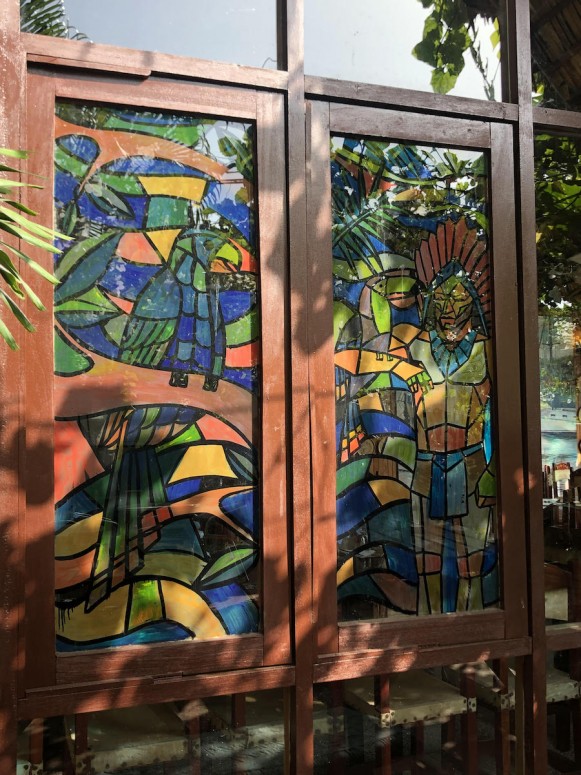Navigating Race Relations in a Mestizo Culture
Currently Studying at: University of Havana Summer, Cuba
Homeschool: Temple University
At first, when everyone said that there was no racism in Cuba, I was very skeptical. No one could really blame me though as a queer Black woman. Even in my liberal home state of New York and the very Black city of Philadelphia where I go to school, microaggressions and even blatant acts of racism occur more often than people like to acknowledge. But after three whole weeks, I now understand that there is no institutional racism in Cuba.
After the 26th of July Movement won the revolution of the 1950s against the dictator Fulgencio Batista, Fidel Castro as el comandante sought out to end job discrimination against Black people in Cuba. In the 1960s, he established many anti-discrimination laws to help close the economic gap between the Black and White Cubans. The implementation of a communist economy supported this, as the property of the wealthy was re-distributed to the lower class. Around the same time, many people started to claim that there were not different races on the island and that everyone was just Cuban. This is a sentiment that is still heavily supported today, otherwise known as a mestizo culture.
Taking the mestizo ideology into consideration, it would be a stretch to say that all forms of discrimination (including social) have been eradicated. Back in the 2000s and the Battle of Ideas Campaign, many advocated for Black students to study at the University of Havana, an educational center that was mainly filled with white students. And from what I have seen, there is a lot of colorism. Tourism, the most popular job sector in Cuba, has more lighter-skinned people compared to darker Cubans. Colorism, unfortunately, is an international issue that is slowly being recognized and addressed, so it would be impossible to expect to be immune to the problem. But the thing that has made my experience incredibly enjoyable is seeing the widespread acceptance of different cultures within Cuban society. African beats and instruments are almost inescapable in their modern music. There are many cultural centers for the various ethnicities that are present on the island. There is not a lot of social exclusion related to race, seeing people of various races openly hanging out in a variety of spaces, something that is harder to come by in the States.
The racial component of Cuba is very complex, as much of its society and history. It is not perfect, but it is very much on the right track of progress.



